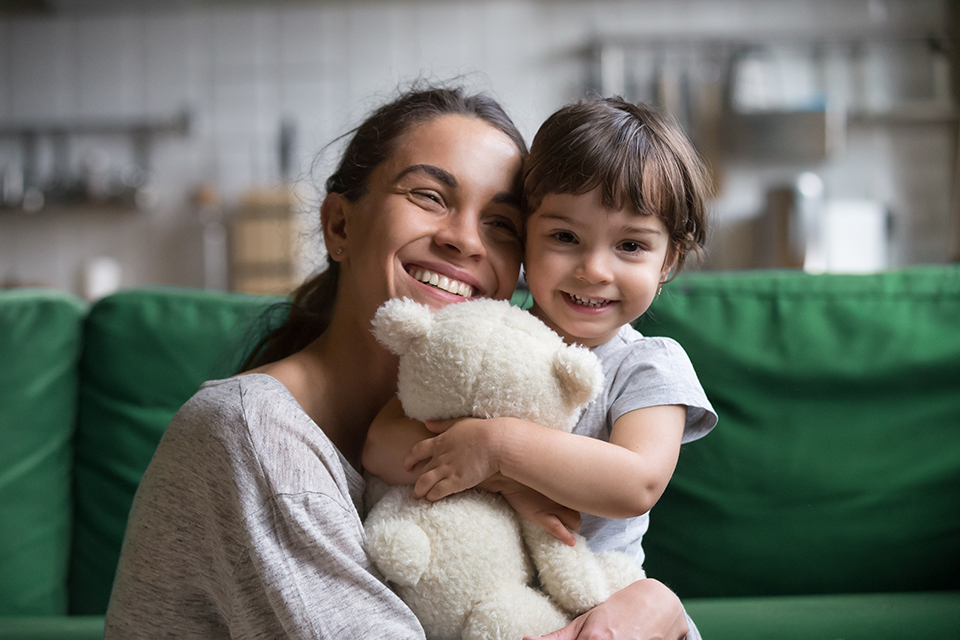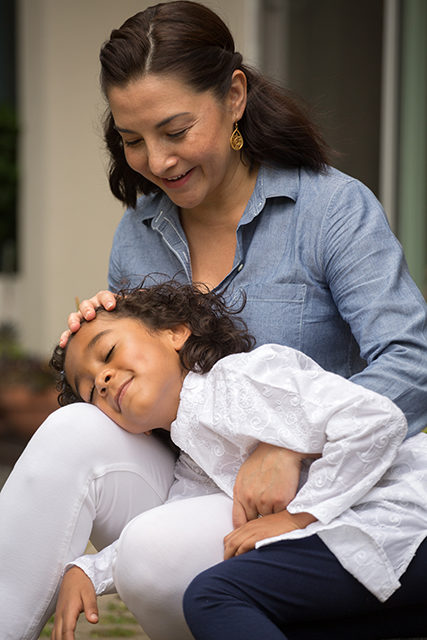
Talking with Your Children About COVID-19
Let's have meaningful conversations with our children.
As the COVID-19 situation continues to unfold and evolve in the next several weeks, we realize that there will be very difficult conversations that you, as a parent, will need to have with your children. You play an important role in helping your children make sense of what they are in a way that is honest, accurate, and minimizes any anxiety or fear that they might have.
Below are some CDC guidance that can you have these difficult conversations with your children about COVID-19 and ways they can avoid getting and spreading the disease:

Remain calm and reassuring.
Remember that children will react to both what you say and how you say it. They will pick up cues from the conversations you have with them and with others.
Make yourself available
to listen and to talk.
Make time to talk. Be sure children know they can come to you when they have questions.
Avoid language that might blame others and lead to stigma.
Remember that viruses can make anyone sick, regardless of a person’s race or ethnicity. Avoid making assumptions about who might have COVID-19.
Pay attention to what children see or hear on television, radio, or online.
Consider reducing the amount of screen time focused on COVID-19. Too much information on one topic can lead to anxiety.

Provide information that is honest and accurate.
Give children information that is truthful and appropriate for the age and developmental level of the child. Talk to children about how some stories on COVID-19 on the Internet and social media may be based on rumors and inaccurate information.
Teach children everyday actions to reduce the spread of germs.

Remind children to stay away from people who are coughing or sneezing or sick.
Remind them to cough or sneeze into a tissue or their elbow, then throw the tissue into the trash.
Discuss any new actions that may be taken at school to help protect children and school staff. (e.g., increased handwashing, cancellation of events or activities)
Get children into a
handwashing habit.
Teach them to wash their hands with soap and water for at least 20 seconds, especially after blowing their nose, coughing, or sneezing; going to the bathroom; and before eating or preparing food.
If soap and water are not available, teach them to use hand sanitizer. Hand sanitizer should contain at least 60% alcohol. Supervise young children when they use hand sanitizer to prevent swallowing alcohol, especially in schools and childcare facilities.
For more information about COVID-19 and conversations with your children, please visit the CDC website. Download the fact sheet developed by National Association of School Nurses and the National Association of School Psychologists in English and Spanish.
